To learn more about Digital Green’s AI-powered platform and how it impacts small-scale farmers in India, Ethiopia, Kenya, Nigeria and Brazil, we encourage you to sign up for our newsletter.
Gender Gaps and Women’s History: Reflections on Women Leading the Way

On March 8, the world commemorated International Women’s Day and in the United States, we celebrate Women’s History Month during all of March, bringing a chance to reflect on women’s leadership and achievements throughout history.
At Digital Green, we leverage the power of grassroots partnerships and technology to support farmers and their families as they transform their lives. Digital Green makes sure our work contributes to the United Nations Sustainable Development Goal (SDG) 5 – Achieve gender equality and empower all women and girls; as a result, more than 75% of farmers reached by our work are women.
Digital Green takes inspiration from women as we press forward to achieve gender equality and close gender gaps in digital literacy and access, agricultural productivity, nutrition and health, and access to extension and other services.
Before we highlight some women leaders that we admire, it is worth just remembering the unfinished work ahead of us:
- Of the 750 million adults that are illiterate, two-thirds are women. In India, the male literacy rate is 85% vs. 70% among female counterparts. The good news is the gaps have continued closing for women in each of the last three years.
- Globally, women are 20% less likely than men to use mobile internet. The largest gaps remain in South Asia (51%) and sub-Saharan Africa (37%).
- A 2019 study in Ethiopia found that the agricultural productivity of male-headed households was over 44% higher than female-headed households. The same study found that if women had the same return on their resources as men, the gap would be closed, arguing for enhanced access to quality agricultural extension, among other services.
Women leading the way activists, technologists, and agriculturists
Savitribai Phule (1831-1897) is regarded as one of the mothers of the modern feminist movement in India. She was illiterate when she married her husband Jyotirao, who later became her teacher and changed this. From there, she pursued more education and enrolled in a teacher’s training program, later becoming the first female teacher and headmistress in India. She founded at least 18 schools, initially focusing on educating girls and a care-home for vulnerable children. She fiercely advocated for an end to discrimination by caste or gender and she died caring for children during an outbreak of the bubonic plague.
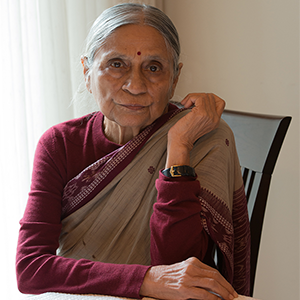
Ela Bhatt (1933-present) is a women’s empowerment and financial inclusion pioneer in India and globally. In 1972, she founded the Self-Employed Women’s Association of India (SEWA), a trade union, after becoming aware of the conditions suffered by poor self-employed women and their lack of rights. Now SEWA has over 1 million members across India and its own cooperative bank, which provides financial independence to women.
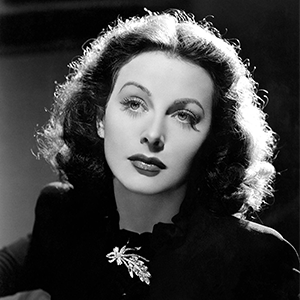
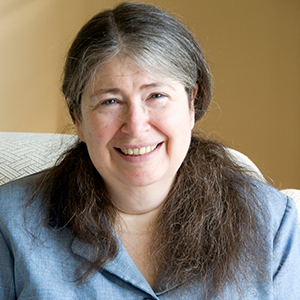
Hedy Lamar (1914-2000) and Radia Perlman (1951-present) are both credited with making today’s internet-accessible mobile phone possible. Hedy is best known as a glitzy Hollywood actress but during World War II, she applied herself to a number of challenges, including improving technology for the Allies. She invented Spread Spectrum Communication Technology to make torpedoes more effective, but it was never used during that era. Today, it’s used to ensure people can talk on a secure, wireless phone line without interruption. Radia Perlman invented the spanning tree protocol, an algorithm that enabled the creation of ‘Ethernet’, the first wireless internet.
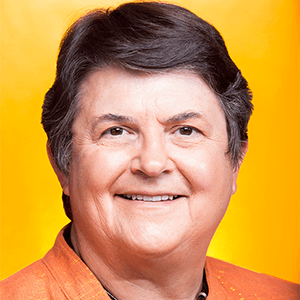
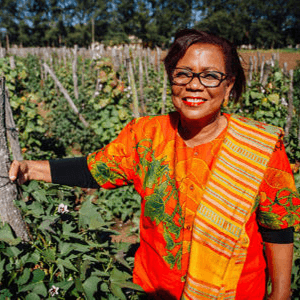
Dr. Maria Andrade (1958-present) and Dr. Jan Low (1955-present) developed varieties of drought-resistant and biofortified sweet potatoes, bridging the gaps between agriculture, nutrition, health, and food insecurity for farmers and their families in the tropics, particularly in Africa. Both women were part of a group that was awarded the World Food Prize in 2016. They both continue making a difference today in the field of agriculture.
Aside from these admirable women, we are inspired daily by the women farmers, including those we feature in our videos, the extension agents that support them, agricultural scientists, technologists, and policymakers that we work with, as well as our own staff. We look forward to continuing to close gender gaps and moving forward this important work of history alongside them, all while building the agency and prosperity of rural women, families, and communities.